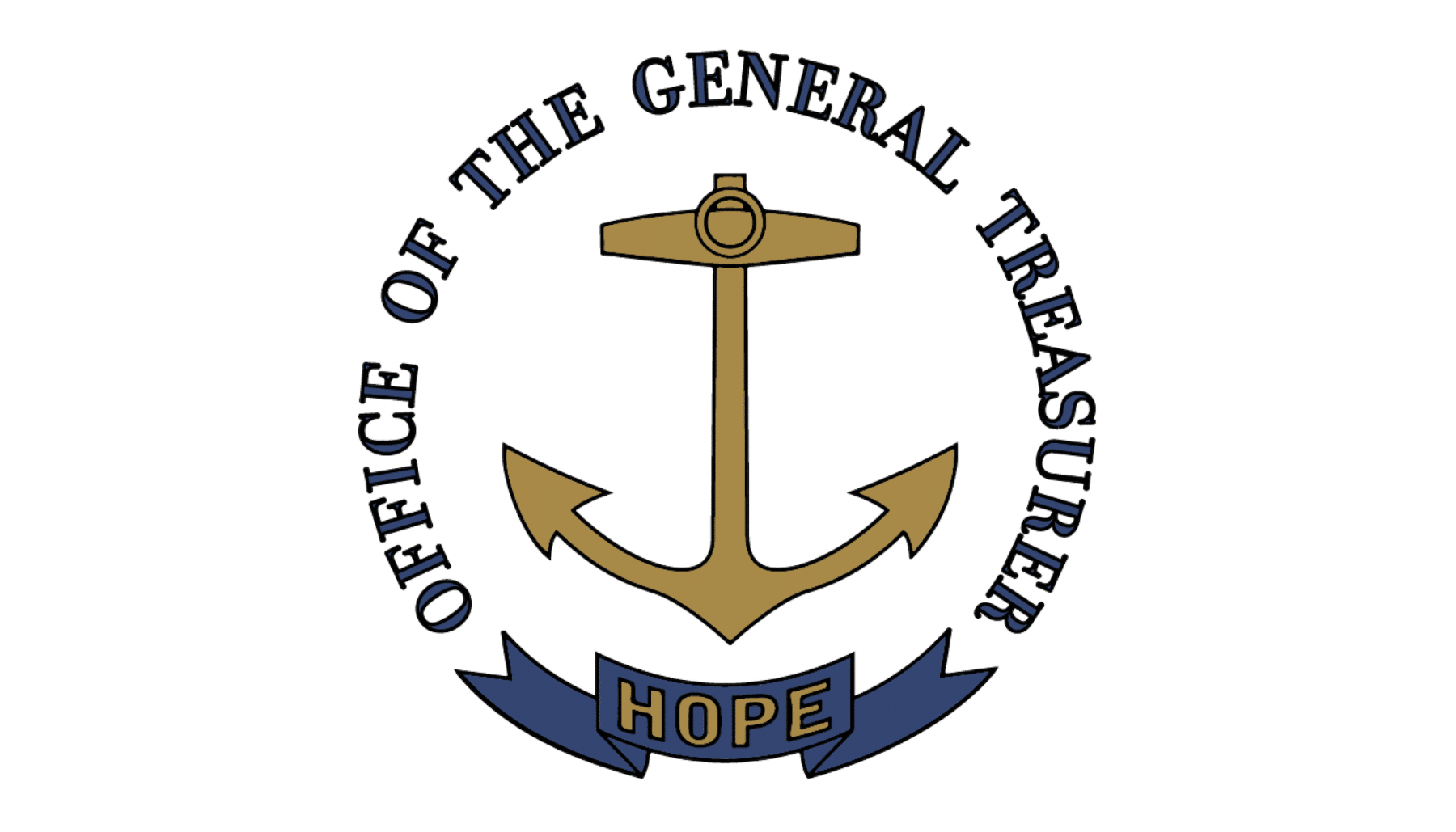Boardman: Rhode Island’s next treasurer can take on inequality. Here’s how…
Rhode Island’s next general treasurer can lead the way to a more equitable and sustainable future. As the state’s chief money manager, the treasurer is uniquely positioned to exert the central force of American capitalism — shareholder power — to rebalance the economy in the interests of everyday people.
August 30, 2021, 8:00 am
By Andy Boardman
As Rhode Island emerges from the shock of the COVID-19 pandemic, state leaders face the monumental task of rebuilding an economy that is stronger and fairer than before.
A recent poll found that seven in ten Rhode Island voters say income inequality is a problem in the state. It’s not hard to see why. Experiences of the last year and a half have exposed and heightened the economic precarity felt by many workers and families. But the problem is deeper than that: Looking back over the past four decades, pay for top CEOs has grown more than 1,300%. A typical worker, meanwhile, has seen just an 18% increase. The American Dream has lost its luster.
Rhode Island’s next general treasurer can lead the way to a more equitable and sustainable future. As the state’s chief money manager, the treasurer is uniquely positioned to exert the central force of American capitalism — shareholder power — to rebalance the economy in the interests of everyday people.
The secret weapon is Rhode Island’s $10 billion pension fund, which invests the retirement savings of tens of thousands of public employees. At the treasurer’s lead, the pension system buys stakes in companies, private equity funds and hedge funds. These stakes translate directly into power in corporate boardrooms and, by extension, the economy at large — after all, shareholder clout is the core around which modern American capitalism revolves.
Buying stock in a company earns the purchaser the right to elect that company’s board, register approval or disapproval of how much its CEO is paid, sue for wrongful behavior and more. But most people, even those fortunate enough to own corporate shares, don’t have the ability as individuals to boss around companies. Ordinary workers, whose involvement in the stock market is limited to nest-egg savings like a pension or 401(k) plan, hand their savings over to big institutions which invest that money — and wield corporate voting power — on the workers’ behalf. Rhode Island’s pension system is one such institution.
The average worker has a long investment horizon — after all, most are trying to grow money for future uses like retirement or a kid’s college attendance. And just about everyone benefits from an ample supply of good jobs that deliver economic security. Yet the institutions handling workers’ savings often prioritize short-term profit instead. And even well-intentioned investors lack access to standardized information on companies’ treatment of workers. The ironic result is that ordinary peoples’ money is used to greenlight short-sighted corporate strategies that hollow out the middle class, degrade the climate and supercharge inequality — undermining the foundations of sustainable and broadly-shared economic growth.
Workers, families and communities across the economy feel the effects of this misalignment. In one stark example, public-school custodians in Massachusetts had their retirement savings invested in a private equity fund that destroyed the custodians’ own jobs. The fund returned a strong profit that quarter, but the workers saw their wages slashed in half. While the relationship between shareholder gain and worker sacrifice is often less direct, the consequences are much the same.
Public pension systems can help improve this picture. These democratically-accountable funds have “the financial might, the structure, and the incentives to implement effective worker-friendly investment policies,” writes Boston University law professor David Webber, an expert on these issues. Because they collectively manage trillions of dollars representing the savings of millions of largely middle-class workers, pension funds are well-positioned to speak up for workers’ real interests in corporate boardrooms.
And it’s not just about restoring the prospects of people during their working lives — though that’s imperative, of course. Importantly, shifting the economy toward fair and durable value creation can boost investment returns and grow the size of retirement funds, too.
Moving beyond the dogma of quarterly profit can also help address other challenges, like climate change, where the longer-view needs of workers and families align with what will be good for the economy and its financial system in five, ten or fifty years. In few places in the US is this more true than in the Ocean State, which is extraordinarily threatened by climate change and sea level rise and at the same time stands to gain from the green economy. Public and private-sector investors, as well as financial regulators, are already beginning to emphasize the importance of climate sustainability. Here, too, Rhode Island should take a lead role.






